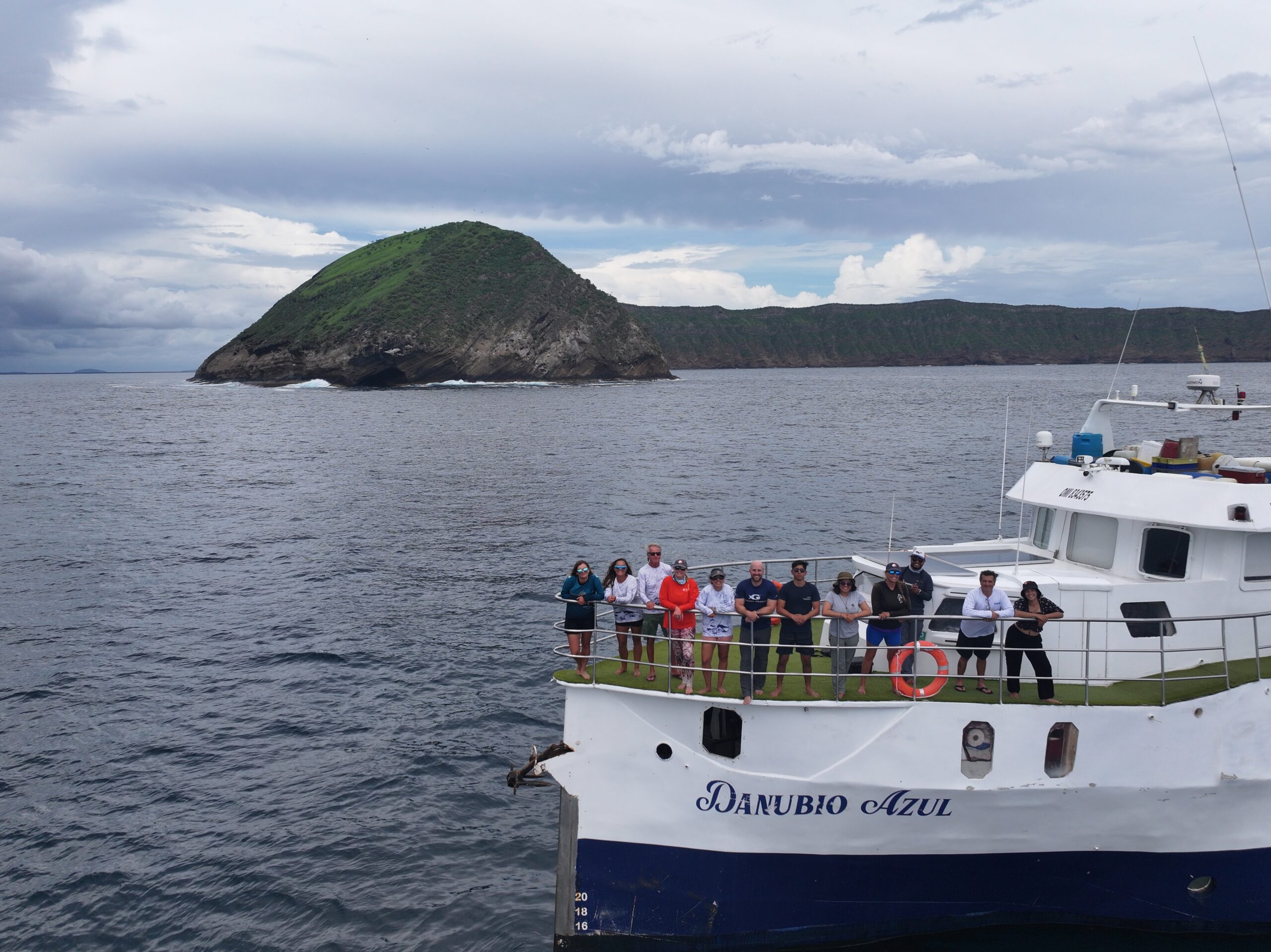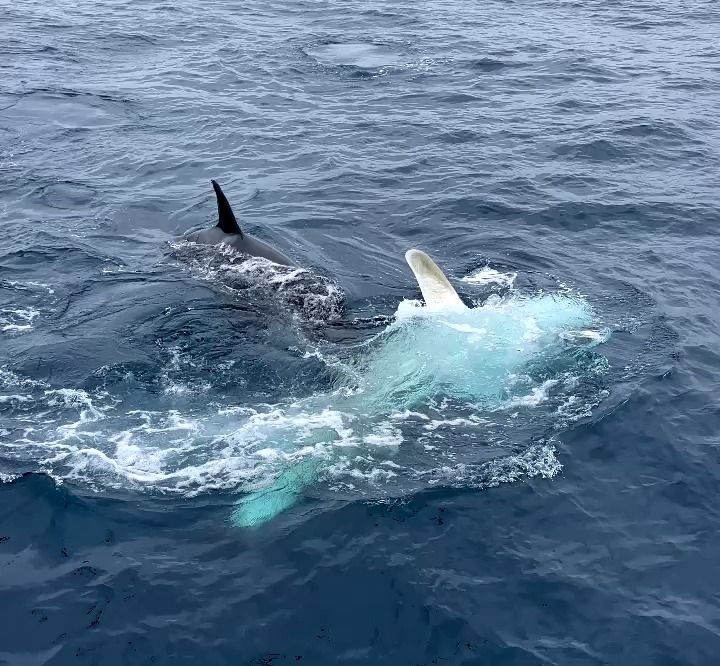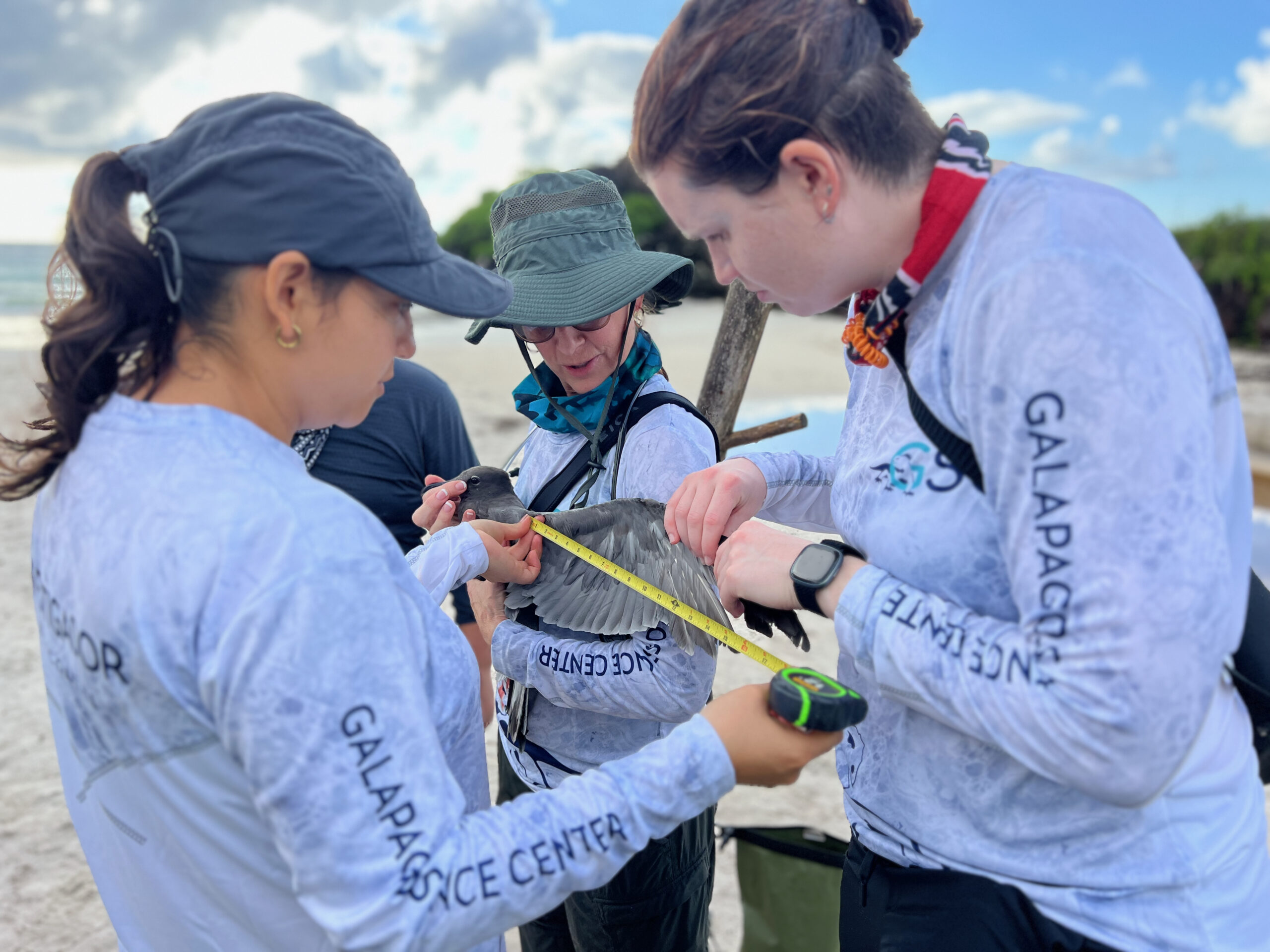En los últimos dos años, llevamos a cabo el Estudio Familias Saludables en San Cristóbal en colaboración con USFQ y financiado por los Institutos Nacionales de Salud. En este proyecto, examinamos cómo los ambientes de agua y alimentos de las Galápagos impactan la salud humana.
Hemos estado midiendo la disponibilidad de agua limpia y alimentos saludables en las islas, utilizando una mezcla de métodos de análisis espacial, de observación y secundarios. Trabajando con asistentes de investigación locales, también reclutamos a 120 hogares para participar en una encuesta de hogares para examinar si los hogares pueden acceder a estos recursos y si su acceso y la calidad de los alimentos y el agua en la isla contribuyen aenfermedades infecciosas, como enfermedades gastrointestinales y enfermedades respiratorias, y sobrepeso y riesgo de enfermedades cardiometabólicas, como diabetes y enfermedades cardíacas.
Los participantes proporcionaron información sobre sus fuentes y uso de agua, los alimentos que consumen y los patrones de compra, su salud, sus experiencias con los factores estresantes diarios y las características del hogar. Se pesó a los participantes y se midió su altura y presión arterial.

Además, proporcionaron muestras de sangre con punción digital para medir la deficiencia de hierro, los niveles de glucosa y la inflamación. Todavía estamos trabajando para analizar gran parte de esta gran cantidad de datos, pero nuestros resultados preliminares sugieren que casi el 40% de los hogares participantes sufren al menos una inseguridad alimentaria leve y más del 50% depende del agua embotellada comprada para su agua potable. Aún más importante, más de 1/3 de los hogares enfrentaron limitaciones tanto en alimentos como en agua, algo que puede aumentar su riesgo de experimentar la doble carga de enfermedades infecciosas y sobrepeso / enfermedad cardiometabólica.
También vimos que las limitaciones de alimentos y agua contribuyen a una angustia significativa para los hogares de Galápagos. Individualmente, experimentar inseguridad hídrica y alimentaria se asoció con el estrés, la ansiedad y la depresión, y las personas que padecen inseguridad hídrica y alimentaria corrían el mayor riesgo de sufrir alguna de estas afecciones. Continuaremos examinando las vías que vinculan la exposición de las personas a estos entornos de agua y alimentos con su salud y bienestar. En última instancia, esperamos identificar estrategias para intervenir para mejorar la salud y el bienestar de los residentes de la isla.






